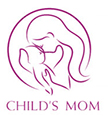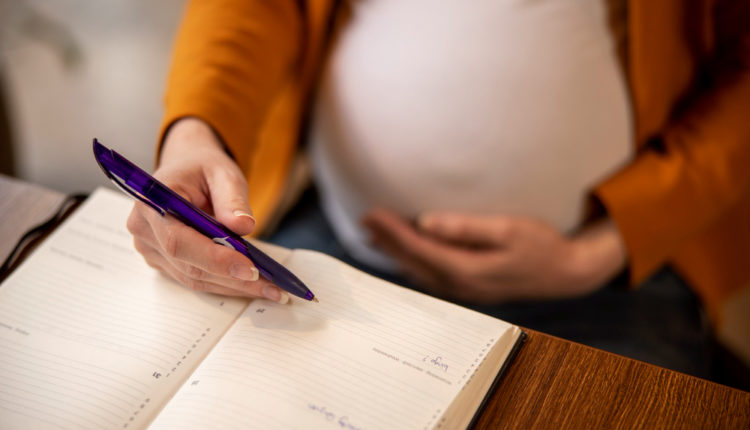Pregnancy is a beautiful journey, but it comes with its share of challenges. Ensuring a healthy pregnancy is crucial for both the mother and the baby. In this comprehensive guide, we’ll explore various pregnancy complications, from the early stages to postpartum concerns.
Introduction to Pregnancy Complications
Pregnancy is a miraculous time, but it’s not without its complications. Understanding the significance of monitoring pregnancy health and recognizing common concerns is essential.
First Trimester Complications
Early pregnancy complications
- Ectopic Pregnancy: A fertilized egg implants outside the uterus.
- Morning Sickness and Hyperemesis Gravidarum: Nausea and vomiting, with severe cases requiring medical attention.
Pregnancy-Induced Hypertension (PIH)
Second Trimester Complications
- Gestational Diabetes: Managing blood sugar levels during pregnancy.
- Placenta Previa and Placental Abruption: Conditions affecting the placenta’s position and integrity.
- Preterm Labor and Birth
Third Trimester Complications
- Preeclampsia: A potentially life-threatening condition with signs and symptoms to watch for.
- Intrauterine Growth Restriction (IUGR)
- Multiple Gestation Complications
Labor and Delivery Complications
- Cesarean Section (C-Section): Surgical delivery.
- Breech Birth: Baby positioned feet or buttocks first.
- Postpartum Hemorrhage
Postpartum Complications
- Postpartum Depression (PPD): Recognizing and addressing maternal mental health.
- Puerperal Fever: An infection following childbirth.
Special Cases and Rare Complications
- Eclampsia: A severe form of preeclampsia.
- Amniotic Fluid Embolism: A rare, life-threatening condition.
- Hyperemesis Gravidarum: Severe nausea and vomiting.
Preventing Pregnancy Complications
- The Role of Prenatal Care: Regular check-ups and monitoring.
- Lifestyle Choices: How diet and habits impact pregnancy.
Conclusion
In conclusion, pregnancy complications are varied and can affect any expectant mother. The key is awareness and proactive prenatal care to minimize risks and ensure a healthy pregnancy journey.
FAQs
- What is the difference between morning sickness and hyperemesis gravidarum?
- Morning sickness is a common pregnancy symptom characterized by nausea and vomiting, usually occurring in the first trimester. It is typically mild and temporary. On the other hand, hyperemesis gravidarum is a severe form of morning sickness, causing excessive vomiting, dehydration, weight loss, and electrolyte imbalances. While morning sickness is uncomfortable but manageable, hyperemesis gravidarum requires medical attention and treatment to ensure the health of both the mother and the baby.
- How can I prevent gestational diabetes during pregnancy?
- Gestational diabetes is a condition where blood sugar levels become elevated during pregnancy. While it cannot always be prevented, you can lower your risk by:
- Maintaining a healthy weight before pregnancy.
- Eating a balanced diet with controlled carbohydrate intake.
- Engaging in regular physical activity.
- Monitoring your blood sugar levels as recommended by your healthcare provider.
- Following your doctor’s advice on managing gestational diabetes if diagnosed.
- Gestational diabetes is a condition where blood sugar levels become elevated during pregnancy. While it cannot always be prevented, you can lower your risk by:
- What are the signs of preeclampsia, and when should I be concerned?
- Preeclampsia is a serious condition characterized by high blood pressure and damage to organs such as the liver and kidneys. Signs of preeclampsia may include:
- High blood pressureSwelling, particularly in the hands and faceSevere headachesVisual disturbancesAbdominal painReduced urine output
- Preeclampsia is a serious condition characterized by high blood pressure and damage to organs such as the liver and kidneys. Signs of preeclampsia may include:
- Are multiple gestations more likely to have complications?
- Yes, multiple gestations (such as twins or triplets) are more likely to have complications compared to single pregnancies. These complications may include premature birth, low birth weight, gestational diabetes, preeclampsia, and difficulties during labor and delivery. It is essential for expectant mothers of multiples to receive specialized prenatal care and closely monitor their pregnancy to reduce the risk of complications.
- How can postpartum depression be managed and treated?
- Postpartum depression (PPD) is a mood disorder that can occur after childbirth. It is essential to seek help if you suspect you have PPD. Treatment options may include:
- Psychotherapy or counselingMedication, if recommended by a healthcare providerSupport from family and friendsSelf-care practices, such as proper nutrition, exercise, and adequate rest
- Postpartum depression (PPD) is a mood disorder that can occur after childbirth. It is essential to seek help if you suspect you have PPD. Treatment options may include:
This comprehensive guide on pregnancy complications lists various issues that can arise during pregnancy. Remember that early detection and proper medical care play a significant role in ensuring a safe and healthy pregnancy. If you have concerns or experience any unusual symptoms, don’t hesitate to consult your healthcare provider. Your well-being and that of your baby are of utmost importance.
Now you now more information about pregnancy complications list.

